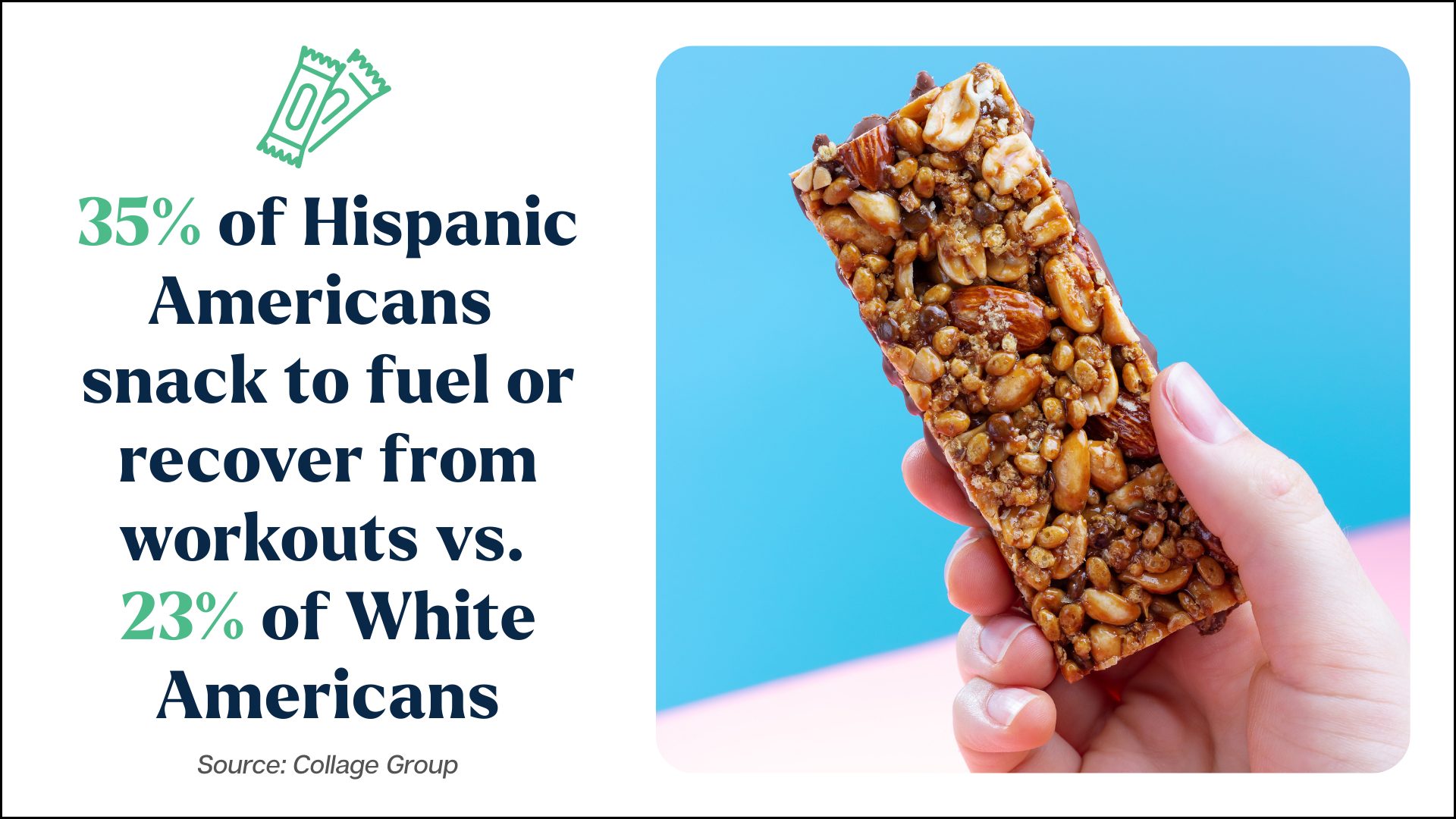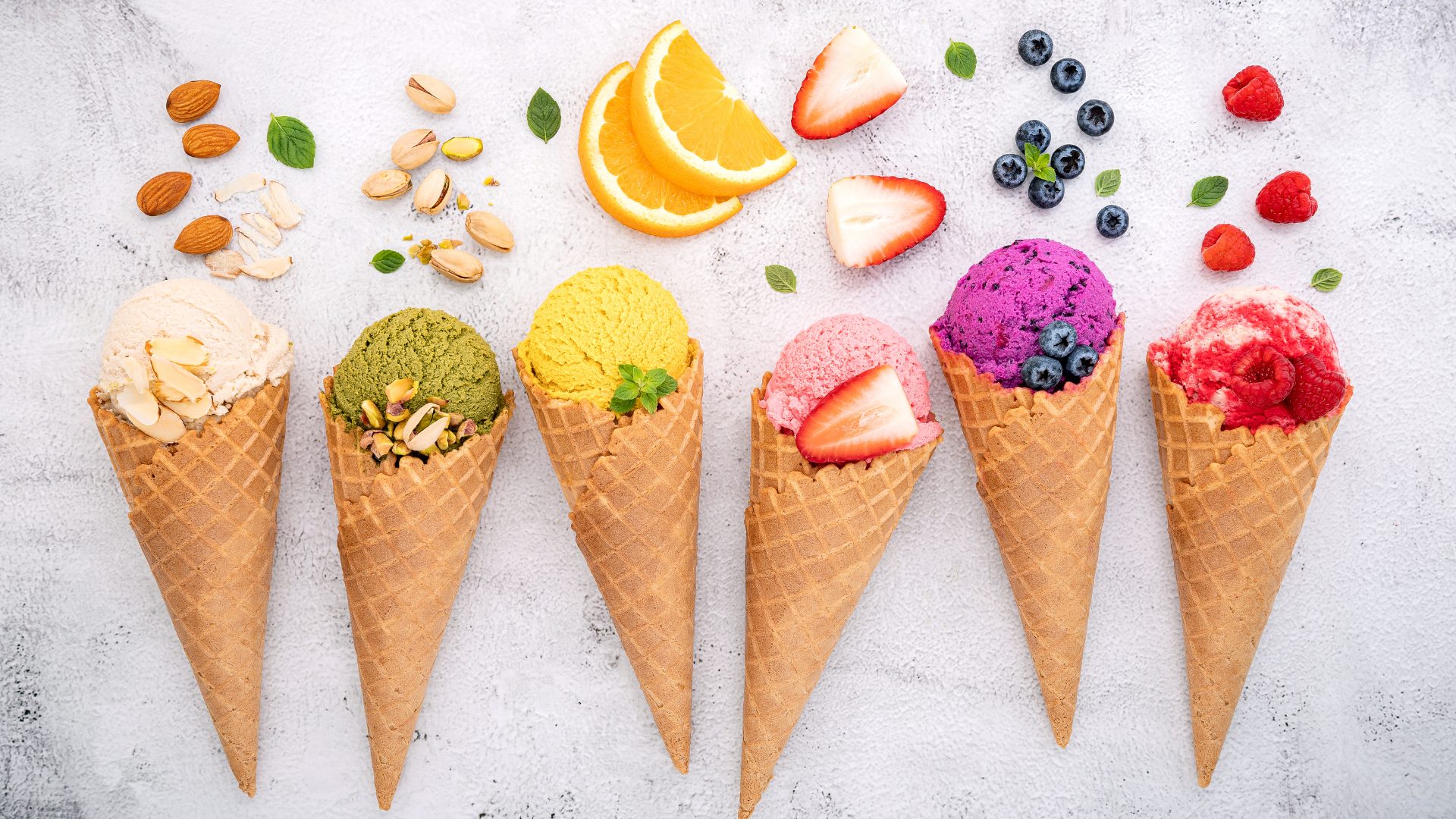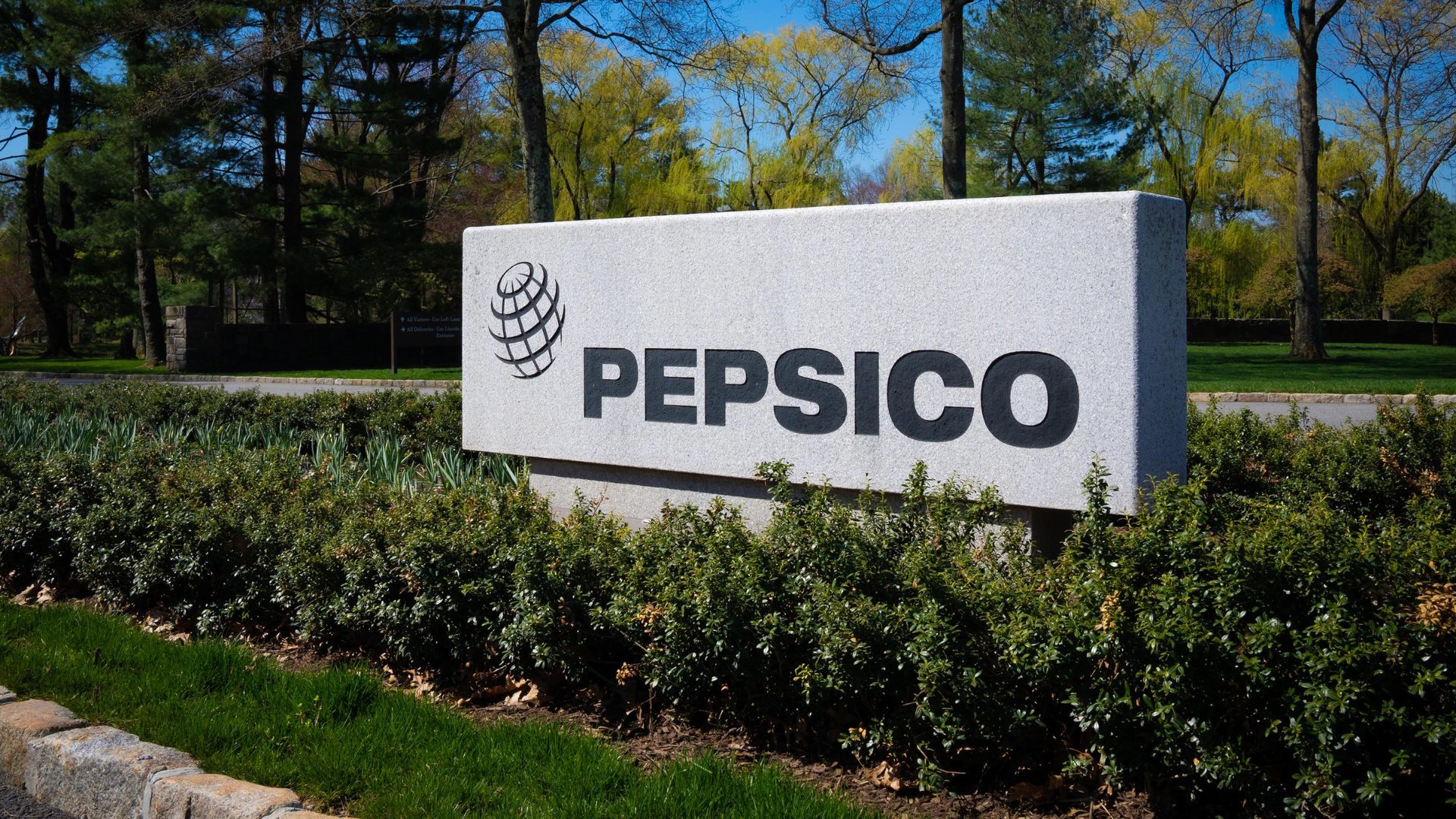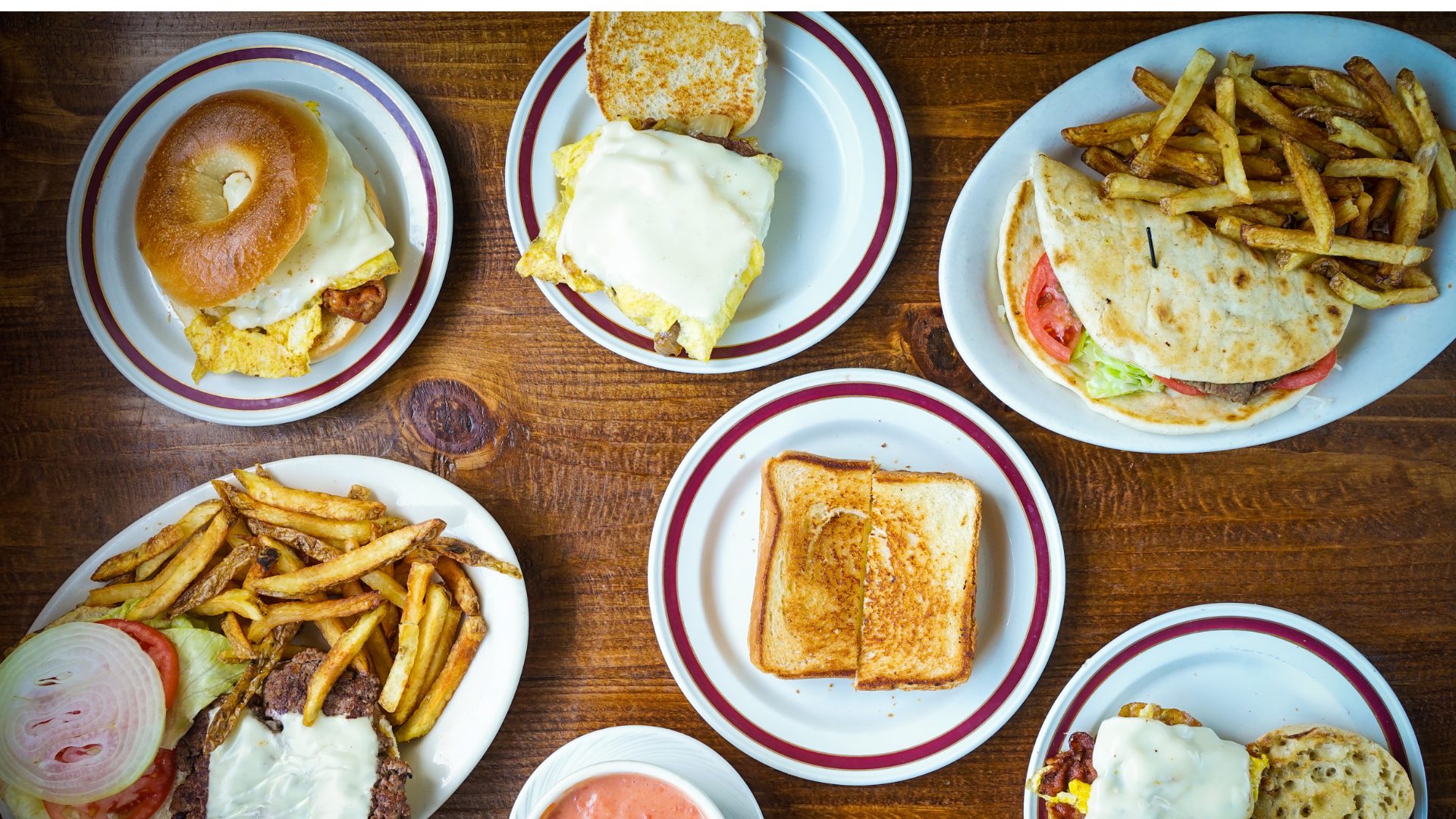Cue the klaxon.
Modelo and Corona beer importer Constellation Brands recently cited weakening demand among its core Hispanic demographic as a reason to lower its net sales guidance. Similarly, last month, Jack in the Box reported a Q3 same-store sales downturn of 7.1% citing a noticeable drop in Hispanic consumer spending.
These executives noted “uncertain” environments for Hispanic shoppers in an era where the U.S. Immigration and Customs Enforcement is intensifying efforts to deport undocumented immigrants.
Nevertheless, there’s another clear reason why these shoppers are pulling back their alcohol and fast-food consumption: Hispanic Americans are making decisions at retail and foodservice that benefit their overall health and wellbeing, more so than any other U.S. demographic.
This isn’t new: a study in 2021 found that only 7.7% of Hispanic adults smoked cigarettes compared to the national average (11.5%). Now, these shoppers are clearly purchasing deeper in health-focused, functional categories.
This shift has the potential to revolutionize the better-for-you food and beverage industry, worth roughly $653 billion in the U.S., while also harming brands that lack a healthy angle. Plus, we’re likely to see similar statements from other businesses that deal in indulgent categories.
Hispanic Americans Redefine Snacking
Circana estimates that Hispanic consumers drive as much as 16% of all consumer packaged goods (CPG) growth, and this impact is only projected to continue as Hispanic Americans become a larger portion of the U.S. population. If these tastemakers are not yet top-of-mind for businesses, they will need to be soon, because the financial impact has the potential to be game-changing.
David Albert, chief insights officer at data insights firm Collage Group, told The Food Institute that Hispanic shoppers could be the key for CPGs to “future-proof” their business, especially in the snacking sector. He cited a recent report that had an eye-opening finding:
35% of Hispanic Americans are likely to snack as a way to fuel or recover from a workout, compared to only 23% of White Americans.
“Food can be a bridge between indulgence and intention, offering joy through bold flavors while serving functional purposes like energy or recovery,” said Albert.
Additionally, the report found that the demographic subgroup over-indexes for willingness to try new flavors, indicating that these consumers can be pivotal for flavor innovation strategies in foodservice and at grocery.
The Next Growth Wave
Brands have been quick to capture the market. PepsiCo earlier this year purchased Siete Family Foods in a $1.2 billion deal to expand its better-for-you and globally inspired platforms, representing a sizeable stake in the segment’s growth.
Similarly, Vilore Foods acquired Tia Lupita Foods in July. The latter brand is known for its authentic Mexican flavors and better-for-you ingredients, underscoring that the next growth area for innovation will deliver both on authenticity and health.
“As the Hispanic consumer is getting more discerning and with more purchasing power, brands are evolving in the same way to meet them where they are now,” Amor y Pan founder Karina Saldívar told FI.
This shift is embodied by Siete’s line of grain-free tortillas and tortilla chips, offering better-for-you value propositions such as non-GMO verified and gluten-free, while also delivering on authentic tastes and production methods.
Special diet needs continue to be an attractive characteristic for Hispanic consumers. Compared to the U.S. general population, the demographic is 75% more likely to be vegan, 45% more likely to be vegetarian, and 22% more likely to be gluten-free, according to a Numerator report.
This could be a boon for the plant-based industry, which has recently suffered from stagnating sales.
As Hispanic consumers continue to seek out products that align with their special diet needs, flavor standards, and authenticity, businesses considering these perspectives will be poised to benefit.
The Food Institute Podcast
How will the One Big Beautiful Bill Act (OBBBA) impact your food business? Unraveling the implications of new legislation is never easy, but Patrick O’Reilly and Jeff Pera of CBIZ explain how provisions of the bill related to no tax on tips, depreciation and expensing of capital purchases, and research and development will impact the industry.













